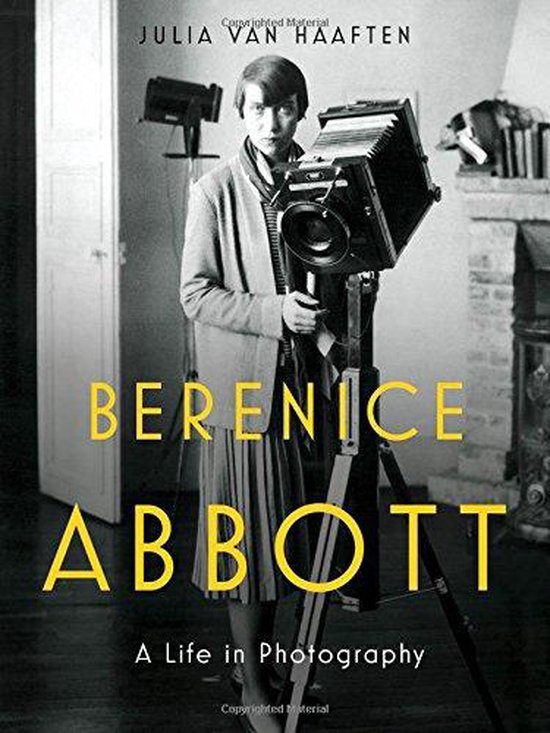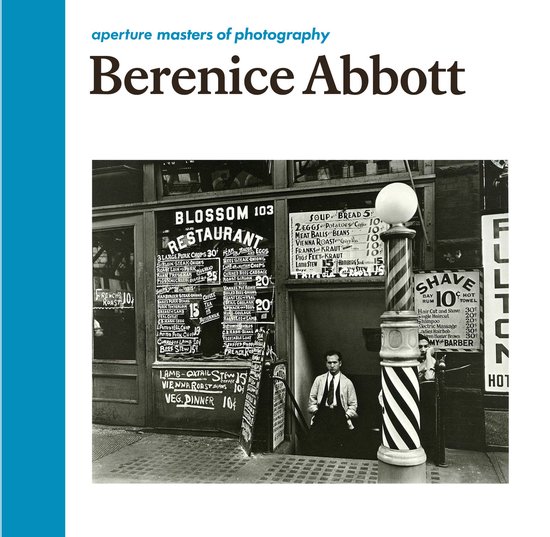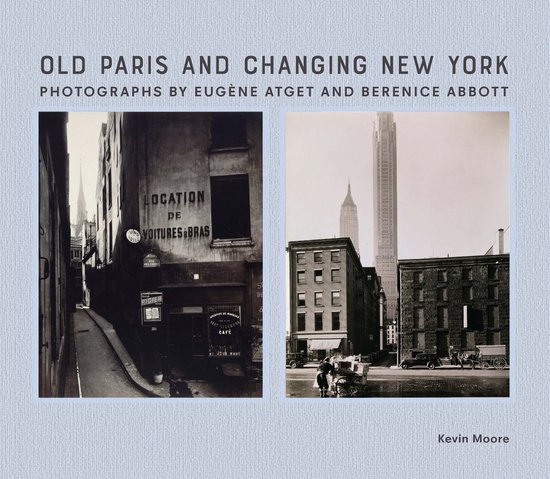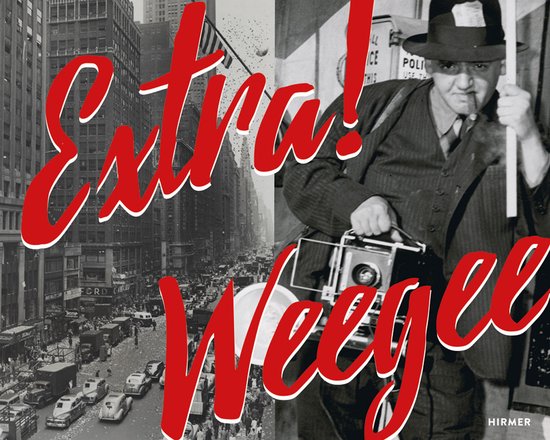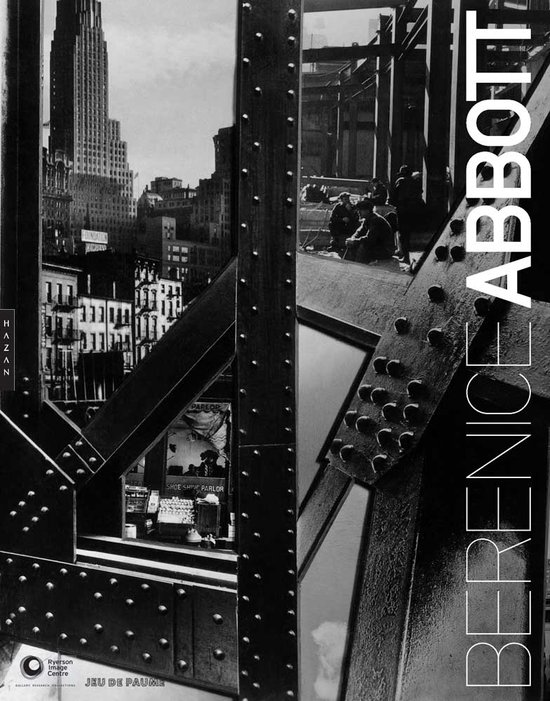
Berenice Abbott
An exemplary study of the career of photographer Berenice Abbott that reveals the astonishing range of her artistic, documentary, and scientific production
The American photographer Berenice Abbott (1898–1991) is known best for her documentation of New York in the 1930s and for her efforts to gain recognition for the work of Eugène Atget in both Europe and the United States. This attractive book features 120 photographs and a series of rarely seen documents (including letters, book layouts, and periodicals), illuminating the three major periods of Abbott's career: her early work in the United States and Paris during the 1920s; her project Changing New York (1935–39), created for the Federal Art Project; and her scientific pictures made between 1939 and 1961. By detailing Abbott's influences and production both home and abroad, Berenice Abbott underscores the photographer's role as one of the 20th century's most remarkable artists.
Abbott left the United States in 1921 to study sculpture in Paris, where she was hired by Man Ray in 1923 to be his assistant. She took to photography immediately and by 1926 had set up her own studio. She became famous for her photographs showing bohemian artistic and intellectual life in the city, but in 1929 she returned to the United States and set up a new studio. Her best-known and most influential work, Changing New York, represented both a vast exercise in recording the architecture and urban life of New York and an intensely personal artistic project. Her straightforward method of photography led to her being employed full-time in the 1950s by the Massachusetts Institute of Technology in Boston to produce pictures illustrating the laws of physics.
Distributed for Editions Hazan, Paris
Exhibition Schedule:
Jeu de Paume, Paris(02/20/12-04/29/12)
Ryerson Image Centre(05/23/12-08/19/12)
| Auteur | | Gaëlle Morel |
| Taal | | Engels |
| Type | | Paperback |
| Categorie | | Kunst & Fotografie |
